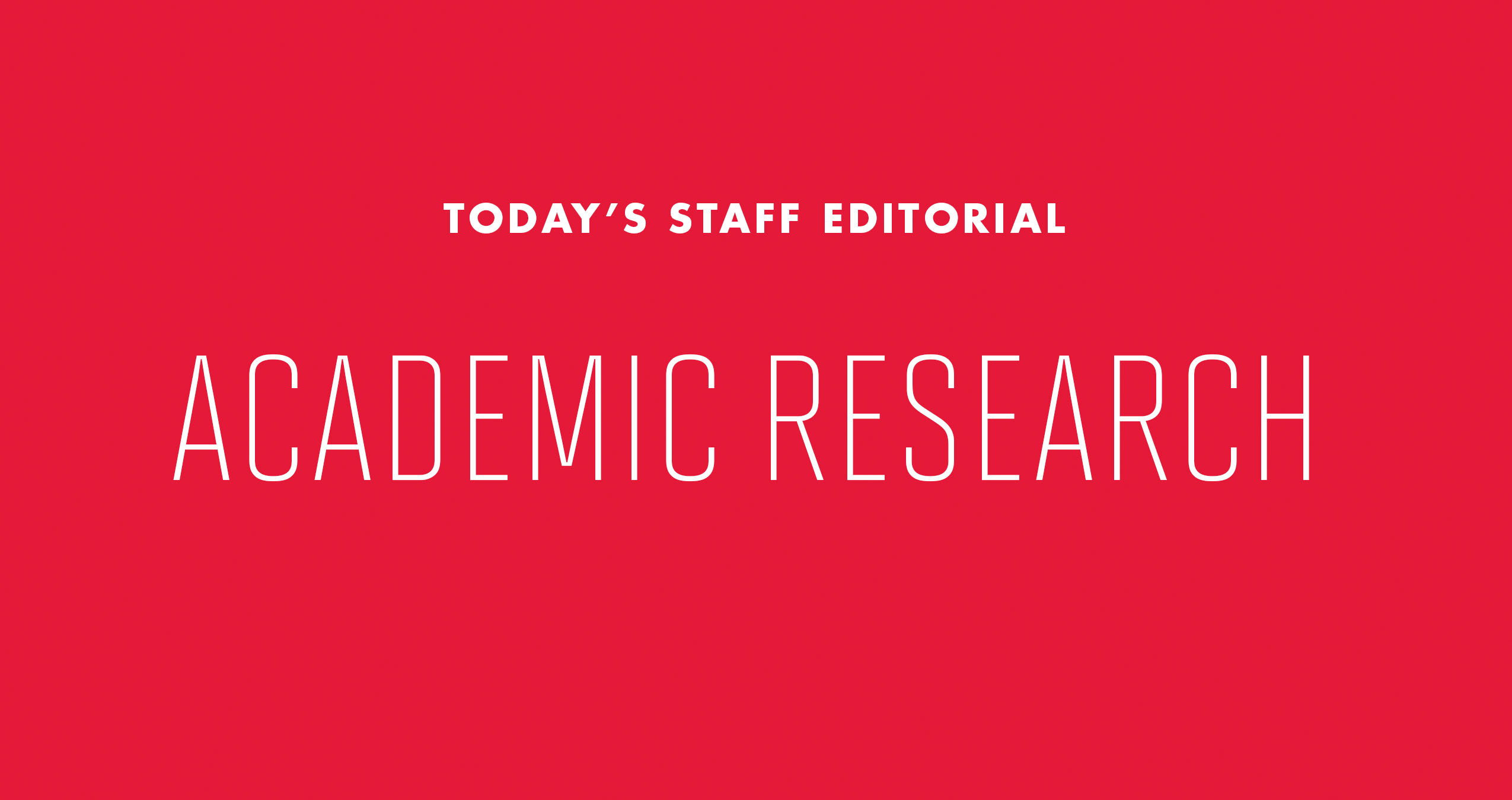“The magic formula for the ultimate sports recovery drink starts with cows, runs through the University of Maryland and ends with capitalism,” according to the university news release that had the research world abuzz in late December.
That particular magic formula also ended up meeting with well-deserved outrage — after all, the university was touting unverified results of an unpublished study funded in part by Fifth Quarter Fresh, a high-protein chocolate milk startup based in Hagerstown.
The study, conducted by university kinesiology professor Jae Kun Shim, asserted that high school football players who drank Fifth Quarter Fresh exhibited improved cognitive and motor functions — even those who had suffered concussions.
It did not, however, mention the cognitive and motor variables for which athletes showed improvement. Nor did it test competing brands of chocolate milk on its student-athlete subjects.
These shortcomings, though cause for academic alarm, haven’t stopped Washington County schools from seeking to adopt the product for their sports programs.
“There is nothing more important than protecting our student-athletes,” Clayton Wilcox, superintendent of Washington County Public Schools, said in the release. “Now that we understand the findings of this study, we are determined to provide Fifth Quarter Fresh to all of our athletes.”
Given that concerns over the safety of football players at every level have reached a fever pitch, it’s certainly understandable that schools would mull over purchasing Fifth Quarter Fresh for their students.
However, it’s not this university’s place to push a product that has more calories and almost as much sugar as a can of Coke (possibly at a premium) without so much as considering an alternative.
To nobody’s surprise, officials have distanced themselves from the study in the weeks since the university first trumpeted its preliminary results. The full results haven’t been published — and they might never be, according to a HealthNewsReview.org report.
Patrick O’Shea, the university’s research vice president, announced that a committee will conduct an institutional review of the study to investigate what led to the early release.
The fiasco leaves this university, ranked No. 19 among national public universities by U.S. News & World Report, with something of a black eye. It also finds the university’s Maryland Industrial Partnerships program in a less-than-desirable position.
First Quarter Fresh had partnered with the university through the MIPS program, which offers firms funding and matches them with researchers in an effort to create jobs within the state. Partnering companies must match a portion of the university’s funding to conduct their
research projects.
While commercialized research is nothing new at this university — many departments, particularly in STEM fields, receive grants from large corporations — this episode confirmed skeptics’ fears regarding the practice.
In an ostensible bid to boost the state economy, this university violated the integrity of its research program and tarnished its reputation.
With the university’s growing role in the private sector, it needs to take greater care in distinguishing and disclosing the closing gap between entrepreneurship and academics.
If it manages that, the university can ensure this debacle remains an anomaly.



